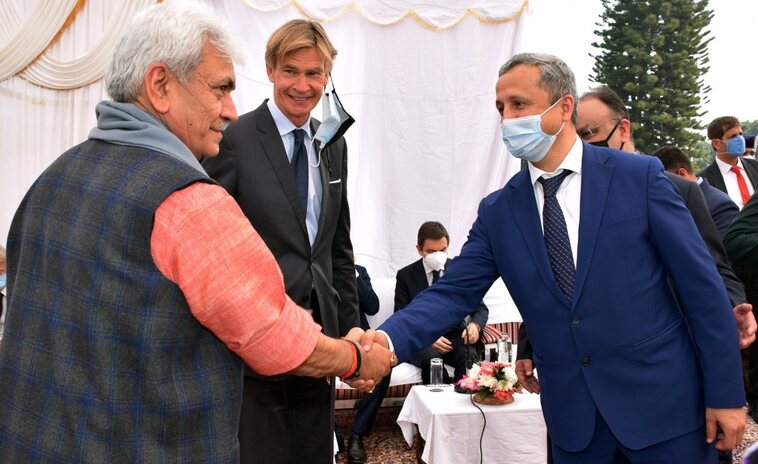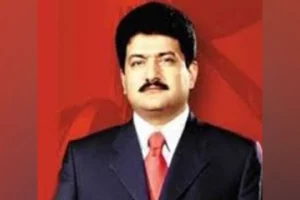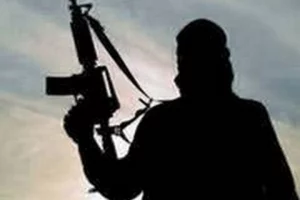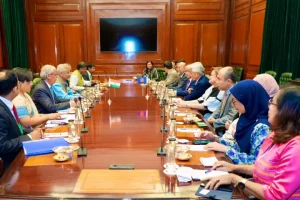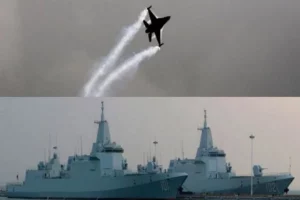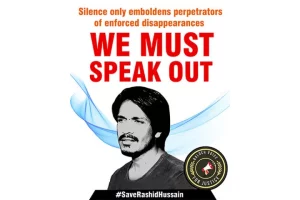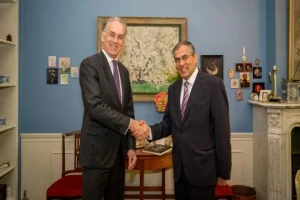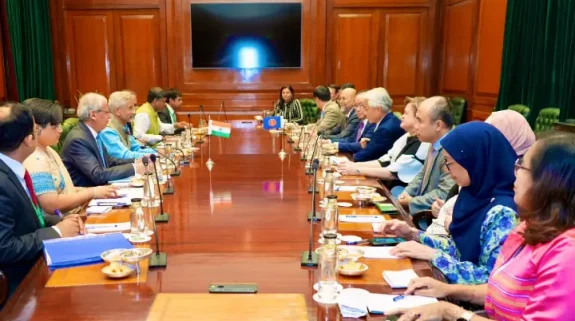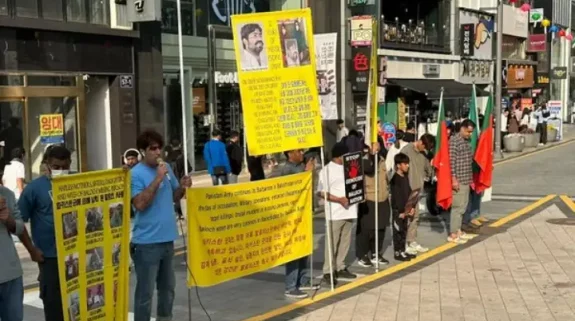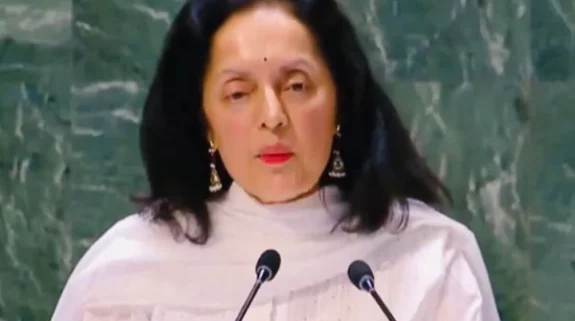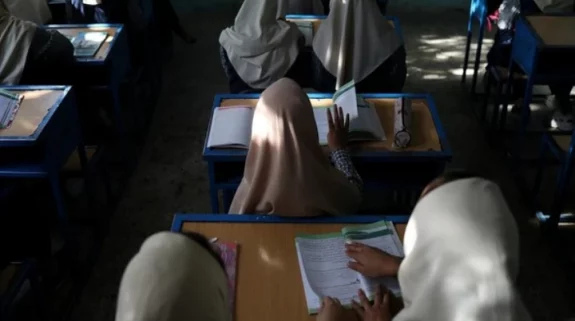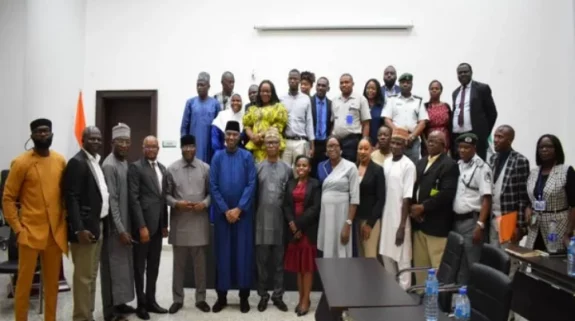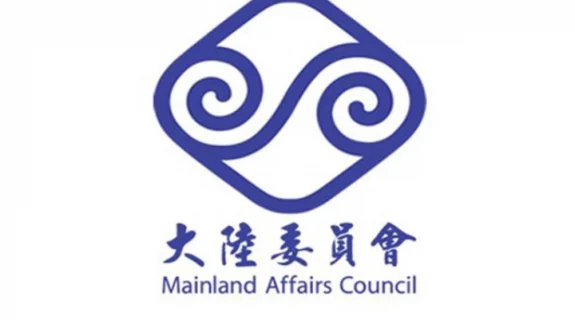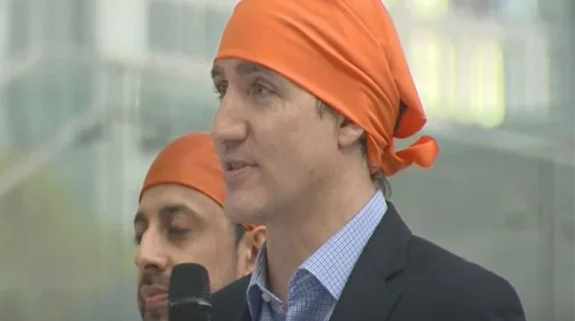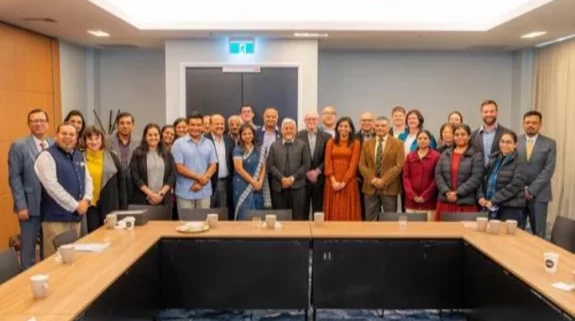Lieutenant Governor Manoj Sinha has explained in detail to a delegation of the foreign envoys from 24 countries how Jammu and Kashmir had been taken out of an era of political exploitation by way of the abrogation of Article 370 through a Parliamentary legislation in August 2019. The delegation reached the winter capital of Jammu on Thursday after winding up a two-day visit to the Kashmir valley.
“Years of suffering for the Jammu and Kashmir people have ended on 5th of August 2019. Prime Minister Narendra Modi’s efforts have ushered in a new era of socio-economic development and the real empowerment of common people in the Union Territory after its full integration with the rest of the country”, Sinha asserted in his briefing to the envoys in presence of his advisors and senior officials and bureaucrats including Chief Secretary and Director General of Police.
The LG observed that an ecosystem of democratic values, welfare principles and economic development had been put in place in Jammu and Kashmir as a slew of interventions and initiatives from the Union and the UT governments was in progress in the direction of development and prosperity.
On reformative interventions being made by the Central government for boosting economic growth in J&K, Sinha said that the Government of India had drawn up achievable ideas and initiatives of nature-friendly industrialisation even in far flung areas of the UT so that more jobs could be created for the younger generation.
He said that the Government was investing more than ever before in infrastructure, industries, education, healthcare, skill development and sustainable livelihood so that every citizen of Jammu & Kashmir would have a safe future and earn recognition. “Our collective aim is to continue implementing people-centric development and industry oriented policies”, he added. Sinha elaborated on the job
opportunities being created for the unemployed youths and explained how the Government was asserting to carry the benefits of different schemes and projects to the last mile. He said that support to women, youth and the economically weaker sections of the population was an objective of the top priority of his government.
Terming terrorism as the biggest enemy of human-kind, Sinha said that the Government of India was resolute towards the holistic and equitable development of Jammu and Kashmir inspite of continued attempts of the neighbouring country to destabilise security situation and spread disharmony by pushing in heavily armed terrorists.
“Recently peaceful, violence-free and fair elections were held for the District Development Councils and the three-tier Panchayat system was established for the first time to strengthen the grass-root democracy. Now, the true democracy is flourishing in Jammu and Kashmir which is not merely about governance but the feeling of fraternity, brotherhood and communal harmony and attitude of respect and reverence towards each other”, Sinha said.
Responding to the queries from Emmanuel Lenain, the ambassador of France, and Abdoul Wahab Haidara, the ambassador of Senegal, pertaining to the economic development and investment-friendly reforms being undertaken in the UT, Sinha observed that a new industrial development scheme of Rs 28,400 crore had been unveiled for attracting investment, besides creating opportunities for the youth.
Various incentives were being offered to the investors across the globe. Earlier, a mega relief and revival package of Rs 1,350 crore was announced to help the J&K business sector to tide over all the big problems, he asserted. “Peace, progress, prosperity and the people first is my vision for development of Jammu and Kashmir”, observed the LG.
On power generation, LG said that despite immense potential of hydroelectric power generation, not more than 3,500 mw of power was generated in J&K in the last 73 years, causing small businesses and citizens to face power problems. We have approved projects worth Rs 54,000 crore in the last 3-4 months and we aspire to generate 3,500 mw in just four years to make Jammu Kashmir power surplus, he added.
Speaking on the problems faced by the people of J&K in the last seven decades, Sinha observed that the people were deprived of development, basic facilities and other fundamental rights besides hundreds of the laws passed by the Parliament for the benefit of the people. The Prime Minister has ensured that all the benefits of Central laws reach the common people, he said.
“To make J&K the fastest growing region in the country, the Prime Minister has also provided the Union Territory with Rs 58,627 crore to establish two AIIMS-type major hospitals, two IITs and IIMs to create the world class infrastructure”, he added. He sought substantial support from the global community in shaping a new future for Jammu & Kashmir.
In a vote of thanks from the delegation, the ambassador of Eritrea, Alem Tsehaye Woldermariam, recognised that the change was visible in Jammu Kashmir. He said that the envoys’ visit to J&K was an eye-opener and it had improved the world diplomats’ understanding of important issues concerning Jammu & Kashmir.
In Jammu, the delegation had also an extensive interaction with the Chief Justice and some judges at the Jammu and Kashmir High Court. Members of the delegation also met different groups of businesspersons and representatives of the civil society. They are scheduled to return to New Delhi on Friday.
Before its departure for Jammu, the delegation in Srinagar was briefed on the Pakistan-sponsored terrorism and the government’s efforts of counterterrorism and de-radicalisation by General Officer Commanding 15 Corps, Lieutenant General B S Raju, and Inspector General of Police, Kashmir Zone, Vijay Kumar.
The police briefing included an update on the efforts on ‘mainstreaming the youth’ and ‘policing under COVID 19 challenges’. This was followed by an Army briefing which included a brief historical update on the current situation in J&K.
On being asked about the status of various terror organisations, the Corps Commander said that overall security indicators had improved. The terrorists, he said, were still retaining the ability to strike. Last year most of the terror organizations had experienced depletion in their strength as the security forces had wiped out their
leadership.
He explained that notwithstanding elimination of over 200 terrorists, the edifice of counterterror operations still required a grid deployment to ensure security to the citizens. International experiences, including in Afghanistan, prove the need for boots on ground in certain areas like Jammu and Kashmir.
“While grass-root politics is reviving, killing of political workers continues to be worrisome. It is a clear message that the Pakistan-sponsored elements do not want a change to the status quo. They are opposing and trying to thwart any activity that leads to normalization of the situation”, Gen Raju said. He elaborated on a concerted propaganda campaign by Pakistan and an ecosystem of terror running across several countries.






